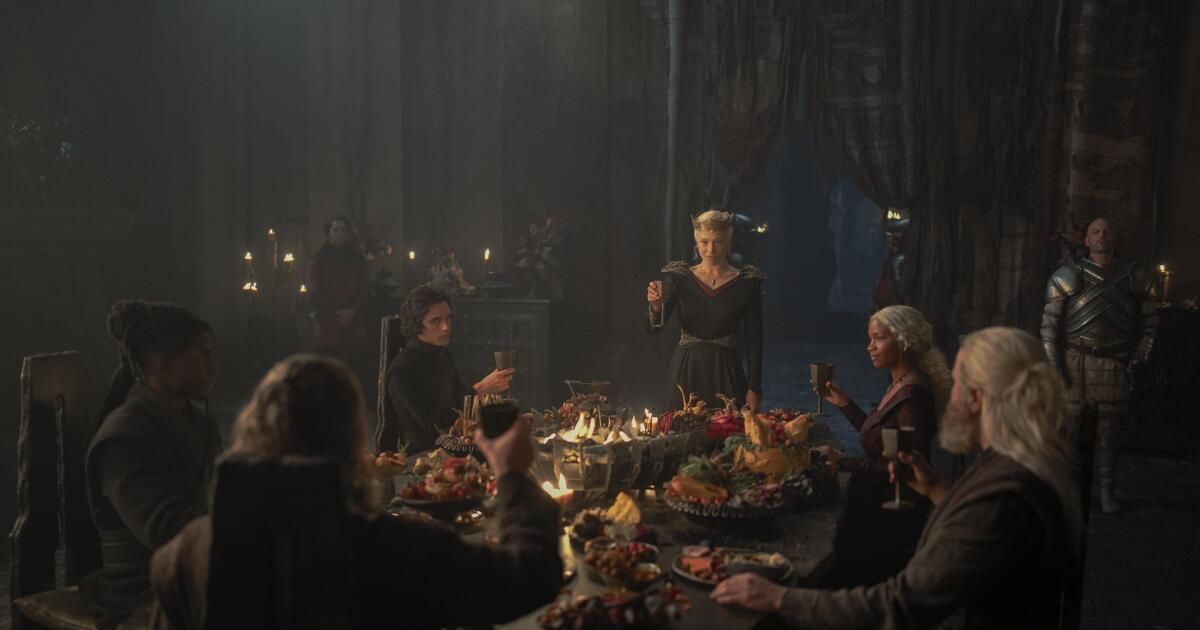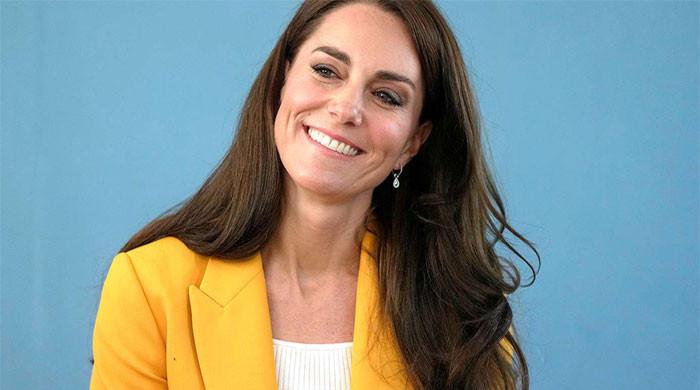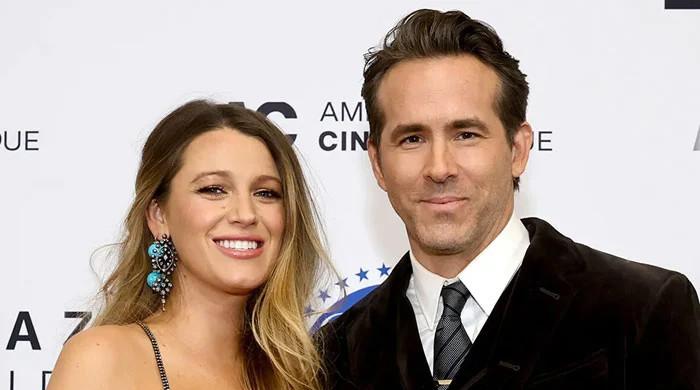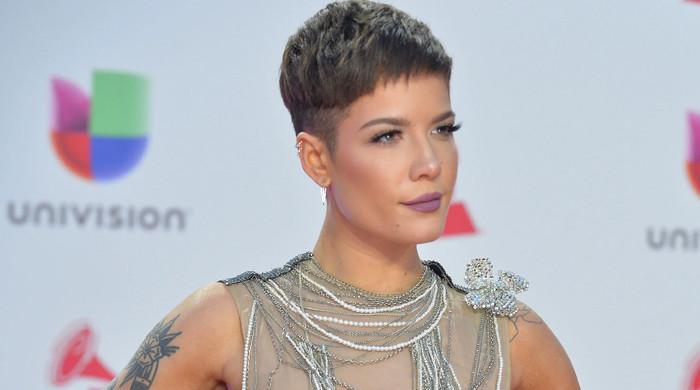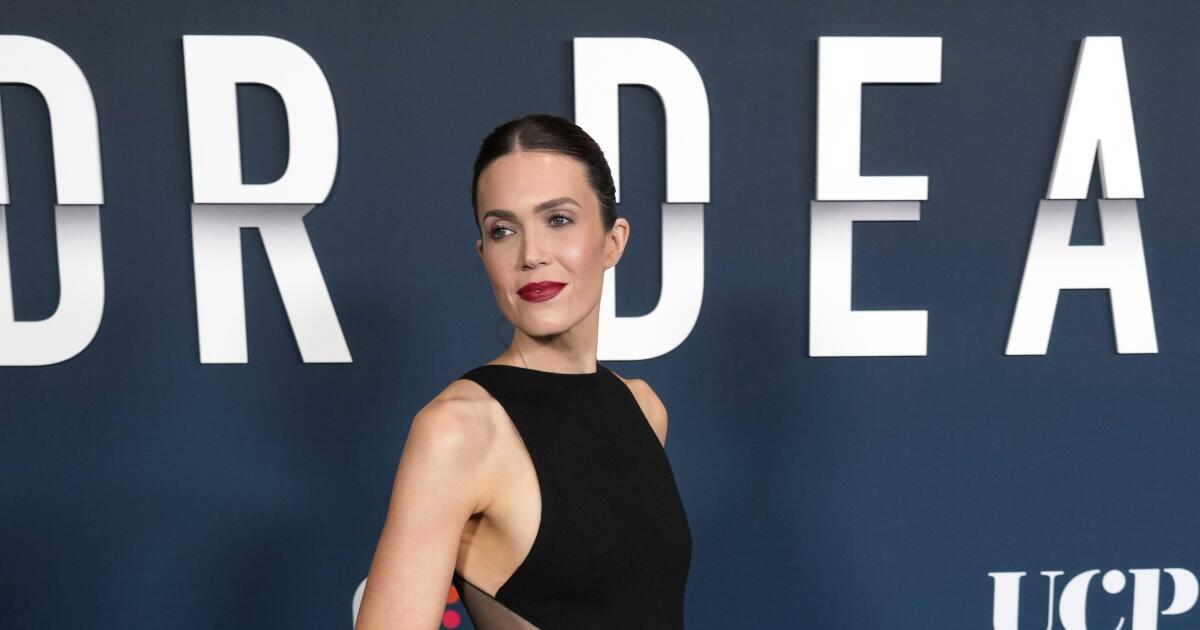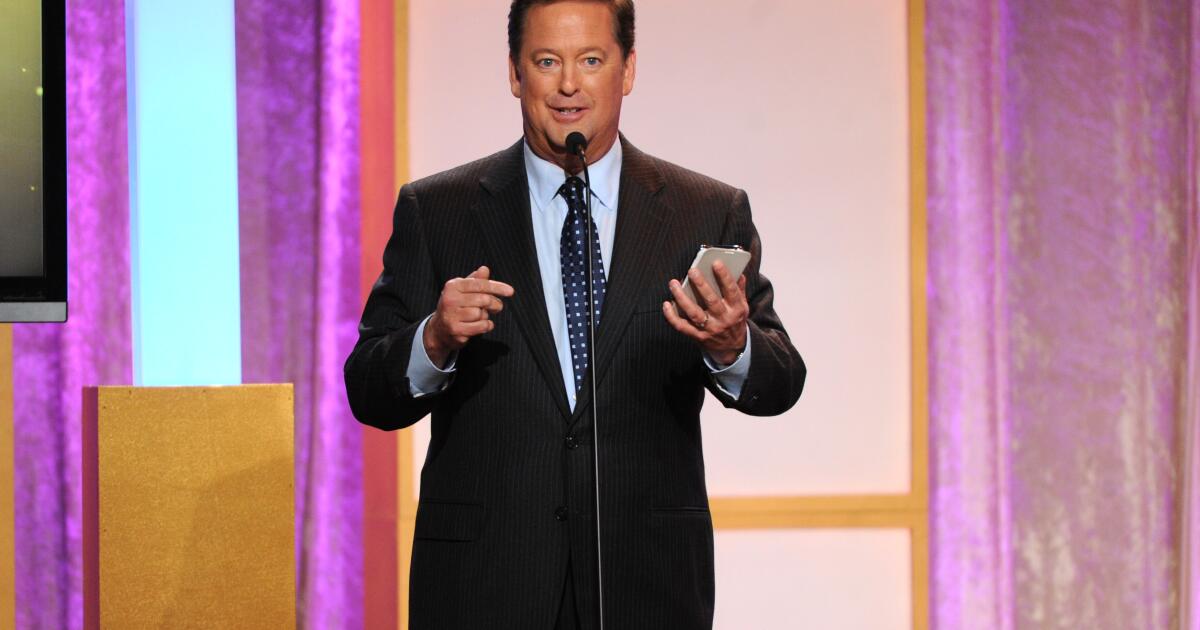I’m two seasons into HBO’s “House of the Dragon,” and here’s what I know: Before “Game of Thrones,” Westeros had a lot of cool dragons and absolutely no sense of humor. I’ve never wanted the Lannisters to take over so badly.
The first season revolved around succession (with none of the satirical tone or even humanity of “Succession”) and ended with House Targaryen divided between those who support Rhaenyra (Emma D'Arcy) and those who quickly installed her younger half-brother Aegon (Tom Glynn-Carney) on the throne.
The second season, which concluded Sunday, was almost entirely devoted to each side assembling the armies (and dragons) needed to fight. Lacking riders, Rhaenyra, hoping that somehow more dragons will equal less war, has taken the desperate step of recruiting “common” people who have enough Targaryen blood to avoid being roasted on sight (though many of them did not survive this particular Sorting Hat process).
The finale ended with dragons circling, banners waving, and music swelling as various characters looked soulfully into the future, but all I felt was exhaustion.
Not on the edge of your seat, please don't leave…[fill in the blank]-The kind of feeling that marked virtually every episode of its predecessor, “Game of Thrones.” No, this is more the weariness of frustration: I want to like this show, but it refuses to relax enough to let me in.
Whoever said “blondes have more fun” clearly didn’t know the early Targaryens. “House of the Dragon” has great action scenes, bloody deaths, nefarious plots, passionate sex, and of course glorious computer-generated dragons galore, but none of the characters are funny at all.
Last season’s feisty Rhaenyra has become a fast-paced, restless person. Her husband/uncle, Daemon (Matt Smith), formerly a perverted troublemaker, spent much of this season stumbling around the dank ruins of Harrenhal, his task of reuniting the Riverlands hampered by what seemed like a bad acid trip and his own “call me king” ambitions. Prince Jacaerys (Harry Collett) moped around, wishing he were blond and forcing his betrothed, Lady Baela (Bethany Antonia), to follow him around urging him out of it. His sister, Lady Rhaena (Phoebe Campbell), who didn’t yet have dragons, was sent to the Vale, where she was distinctly, monotonously miserable, and Princess Rhaenys (Eve Best), the only Targaryen with any wit or style, is dead.
She went out in a blaze of glory, but now it seems there's no one left in Westeros who understands the power of the sideways glance.
Even the film's obvious villains – the spoiled King Aegon, his psychotic brother Aemond (Ewan Mitchell) and their cunning advisor Uriah Heep, Larys Strong (Matthew Needham) – manage, against all odds, to be boring.
If an evil leader and his henchmen don't know how to joke, what's the point of a coup?
It’s enough to make you long for Joffrey from “Game of Thrones”: Yes, he was a monster, but at least he looked like he was having a good time. And Cersei… well, there’s no point in looking back. It’s too painful.
And unnecessarily painful. “House of the Dragon” co-creator Ryan Condal has everything it takes to create a truly great show, if only he would stop taking everything so lightly. oh really. When, in the finale, innkeeper-turned-dragonrider Ulf White (Tom Bennett) told a group of Targaryens that “a sense of humor would do you all good,” I literally applauded.
Ulf was reacting to a reprimand for his table manners, but he might as well have been talking to the writers' room.
In what world does Matt Smith get elected and then denied the right to make witty remarks? Why bother assembling at least two full royal courts without including a jaded minister, a very experienced lover, or a sharp-tongued brother? Where is the Targaryen equivalent of Roman Roy?
No matter how big the game or genre, most of the best action-adventures and/or power plays excel at humor. Watch “Slow Horses” on Apple TV+, a spy thriller with a high body count and wittier dialogue than most comedies. Or stick with HBO and watch “Succession,” “The Sopranos” or “Deadwood,” deep, violent meditations on power that understood the need for comedic moments.
Humor is the strongest connective tissue between fiction and its audience, and fantasy, like horror, has a higher bar for credibility than most genres. To accept the presence of dragons, zombies, or superheroes, the characters have to resonate emotionally with the audience: This is how I might behave when I'm struggling to survive the unimaginable..
No one in “House of the Dragon” can say the Western equivalent of “We’re gonna need a bigger boat”?
Laughter allows the audience to breathe; dramatic tension only works if there are moments of contrast. Epics especially rely on the presence of small moments to counterbalance and enhance the big scenes. That's why the sidekick was invented. Why are there no sidekicks in House of the Dragon? There are approximately 437 supporting characters who appear from time to time for expository purposes; surely some of them might try to lighten the mood or be anxious in a biting or slightly hilarious way.
I had high hopes when season two expanded its storylines beyond the Targaryens, but so far only Ulf seems to understand the problem. Maybe now that he has a dragon, his honesty will have more authority.
I understand “House of the Dragon’s” desire to separate itself, tonally and narratively, from “Game of Thrones,” but too often, as franchises grow, they throw out the biting wit with the bathwater.
On Prime Video, “The Lord of the Rings: Rings of Power” has similar problems. In his epic work, J.R.R. Tolkien left out the humor that was there for the hobbits (and occasionally for Gandalf). When Peter Jackson adapted it for film, he amplified (and sometimes simply inserted) humorous exchanges; Legolas, for example, didn’t ask Gimli, “Shall I get you a box?” when they were on the ramparts of Helm’s Deep in the book. But like the Targaryens, the elves and men in “The Rings of Power” are too stubborn to make any kind of joke.
Marvel has also had its share of problems. Though it built its cinematic universe on Tony Stark (Robert Downey Jr.), whose superpower was not his suit but his one-liners, its recent offerings have been, with a few exceptions, increasingly serious.
“Deadpool & Wolverine” is currently tearing up the box office in part because it’s so much fun, with Deadpool being a low-level Iron Man who’s never too busy saving the world to land a witty remark on his colleagues (and the audience).
Obviously, Deadpool doesn’t take place in Westeros, and no one wants to see Ulf or the shifty Larys breaking the fourth wall to make a butt joke (seriously, no one wants that). But for drama to have an impact, it has to provide moments of release. Yes, we remember the battle cries and promises of vengeance, but more often than not, audiences latch onto the lines that resonate because they acknowledge the gravity of the situation with the most human of reactions: telling a joke.

